
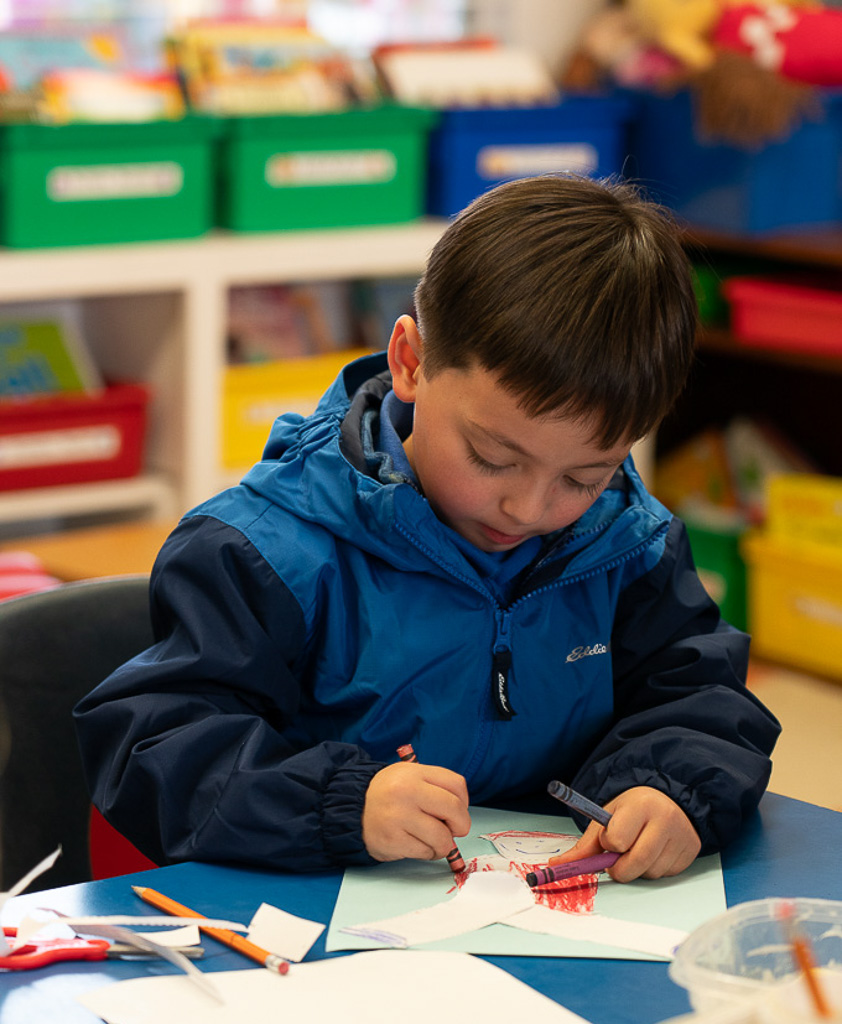
Kindergarten…
…provides children with an opportunity to learn and practice essential social, emotional, problem-solving, and study skills that they will use throughout their schooling. It will expand your child's ability to learn about the world, organize information, and solve problems. Learning will happen using a combination of formal and informal activities using a variety of methods including play-based learning and hands-on experiences.
“Kindergarten is a place where laughter never ends, creativity is encouraged, and friendships are made.” - Unknown
Philosophy About Learning
Learning should be about discovery and exploration. Getting students up out of their desks and working as a community, utilizing a variety of teaching techniques is important for the well-rounded development of each student. We do this through small & large group work, independent seat work, as well as hands-on learning. Lessons are planned to meet the needs and interests of the students and are flexible enough to allow for the unexpected or teachable moments. By the end of Kindergarten, each student will not only meet the standards and goals of the year, but also be ready for 1st grade. This is done through a balanced curriculum that not only focuses on academics, but also on play-time, social interactions, and lots of songs and crafts. The goal is that Kindergarten is both fun and educational, instilling in our students the foundation for a lifelong love of learning.
In OUR Kindergarten, Students Will:
- start each day with worship
- utilize flexible seating, allowing students to choose a place they will learn best
- build a strong community based on Whole Brain Teaching by creating a place where students feel that they belong
- participate in learning centers which foster choice and independence
- complete masterpieces in the weekly art class
- participate in a language arts program that focuses on teaching the students how to read utilizing a researched based curriculum that leans into how the brain naturally learns to read
- build math skills that teaches the students math concepts with a combination of real life application examples and several in-class application problems to give opportunities to practice the concepts
- utilize our One-to-One Chromebook program to supplement learning
- participate in show ‘n' tell time which not only lets students speak about topics that interest them, but also build confidence and help them develop effective communication skills
- learn about a variety of science and social studies topics during the monthly thematic units
- explore and learn on quarterly field trips that correspond with the monthly thematic units
- practice concepts such as patterns, days of the week, months, time, and weather during calendar time
- have three recesses a day
- have time to sing and move
- practice Social Emotional Learning concepts such as identifying emotions and learning what to do with them
Kindergarten Pullout Classes
- Choir (2 times per week)
- P.E. (2 times per week)
- Library (1 time per week)
- STEAM* (1 time per week)
*Science. Technology. Engineering. Arts. Math.
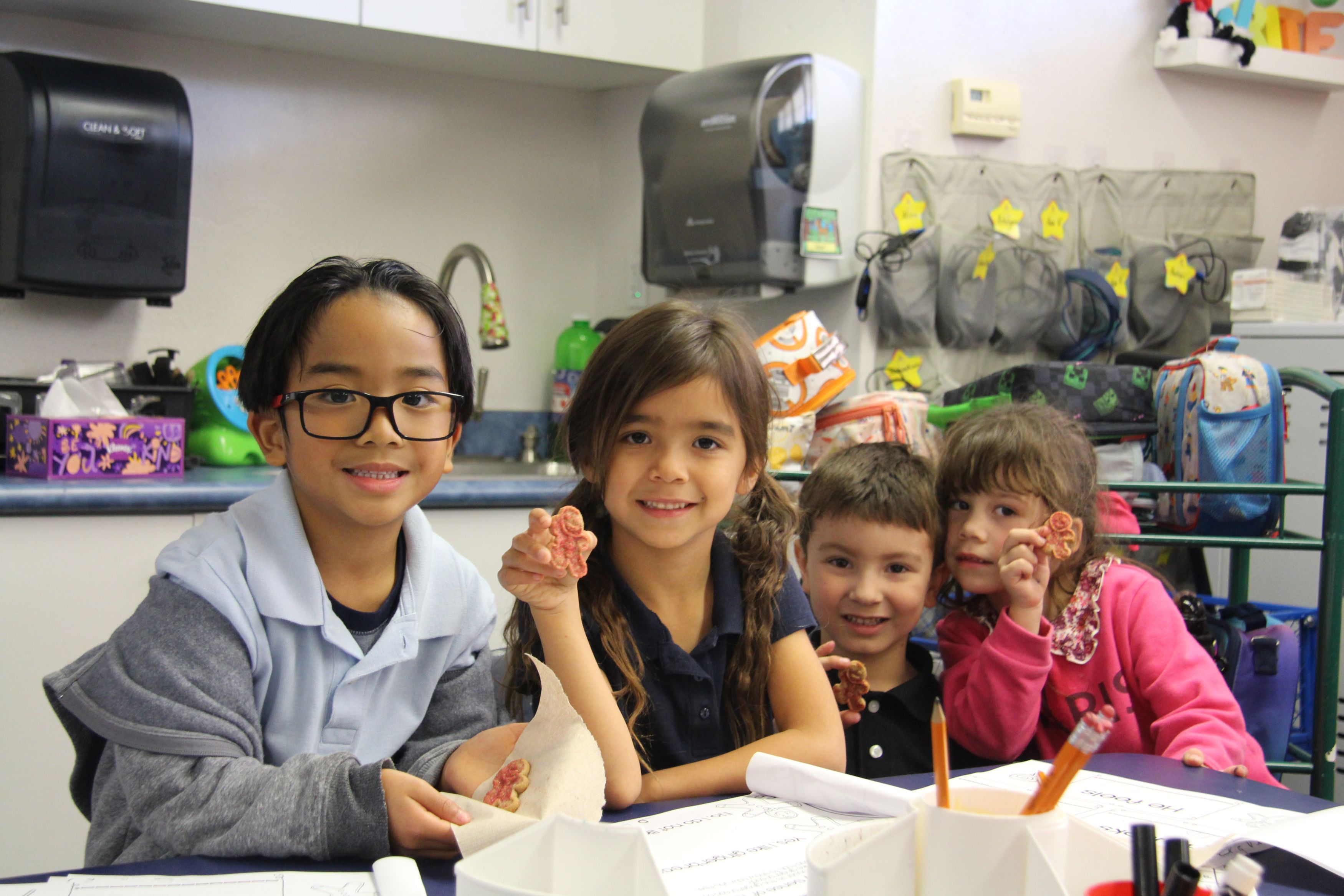
Kindergarten Curriculum
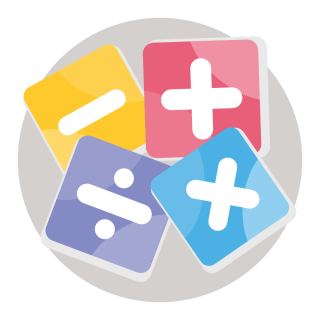
MATH
Big Ideas Math
The Big Ideas Math curriculum allows students to master content, skills and embedded mathematical practices through engaging activities such as games and songs that connect math to the real world.
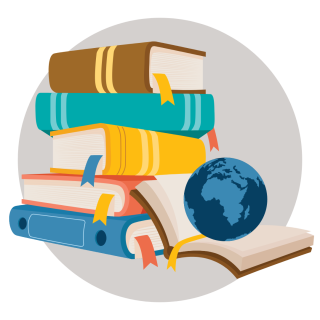
READING
Empowering Little Readers
As a Science of Reading aligned, research-based curriculum, Empowering Little Readers focuses on teaching students how to read in a way that supports how the brain learns to read. It focuses on the “5 Big Ideas:” Phonemic awareness, phonics, fluency, vocabulary, and comprehension. With a writing program that aligns with Lucy Culkin's Units of Study, kindergarten students are encouraged first to draw, write labels, and then write words and sentences that record stories from their own lives and imaginations.
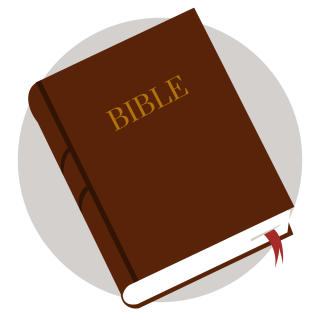
BIBLE
Building Christian Character
Students will learn what it means to be like Jesus and how to be a good friend to others. Concepts such as respect, responsibility, kindness & others are highlighted.
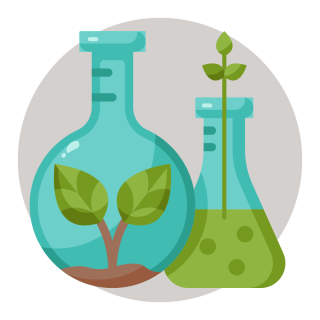
SCIENCE & SOCIAL STUDIES
Thematic Units
Students learn topics in science and social studies through hands-on activities, crafts and projects that are based on monthly thematic units. Some of the themes may include Harvest/Pumpkins, Gingerbread Science, the Human Body, and Community Helpers.